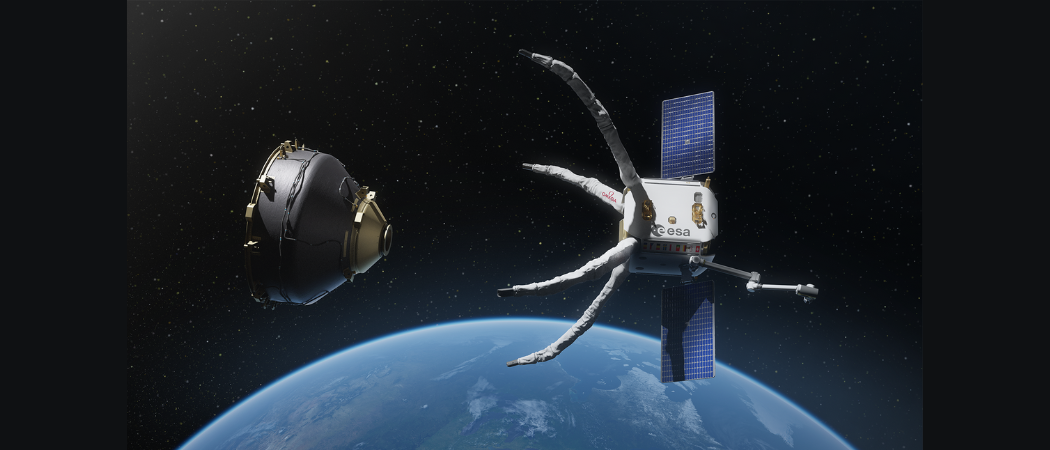
Managing Orbital Debris: International Space Regulations
The vast expanse of space, once considered an infinite void, is now cluttered with a growing challenge—space debris. As our reliance on satellites and space exploration increases, so does the need for effective space debris regulations. In this article, we explore the complexities of managing orbital debris, the international regulations in place, and the imperative for a collaborative approach to ensure the sustainability of outer space activities.
The Escalating Threat of Space Debris
Space debris, comprising defunct satellites, spent rocket stages, and fragments from collisions, poses a significant threat to active satellites and space missions. With thousands of objects orbiting the Earth, the potential for collisions and the creation of additional debris is a growing concern. Space agencies, commercial entities, and the international community must address this issue to maintain the long-term viability of space activities.
The Impact on Space Operations
The presence of space debris impacts space operations in various ways. Active satellites face an increased risk of collisions, jeopardizing communication, Earth observation, and scientific missions. The International Space Station (ISS) and crewed space missions also navigate through this debris-laden environment, necessitating meticulous planning to avoid potential hazards.
International Collaboration in Space Governance
Given the global nature of space activities, international collaboration is essential in addressing the challenges posed by space debris. Various international bodies and agreements contribute to the governance of space activities, including debris mitigation measures. Cooperation among space-faring nations is critical to establishing and enforcing regulations that promote responsible space behavior.
Mitigation Measures and Best Practices
Space debris regulations focus on implementing mitigation measures to reduce the creation of additional debris. These measures include designing satellites for post-mission disposal, deorbiting defunct satellites, and minimizing the generation of fragments. Best practices also involve collision avoidance maneuvers and sharing tracking data to enhance situational awareness in space.
The Role of National Space Agencies
National space agencies play a pivotal role in adhering to and enforcing space debris regulations. They are responsible for implementing mitigation measures in satellite designs, coordinating collision avoidance efforts, and contributing to the development of international norms. By leading by example, national space agencies contribute to a safer and more sustainable space environment.
Challenges in Space Debris Regulation Enforcement
Despite the existence of space debris regulations, enforcement poses challenges. The lack of binding international treaties specific to space debris complicates the regulatory landscape. Additionally, identifying and holding responsible parties accountable for debris creation or collisions remains a complex task. Overcoming these challenges requires continuous dialogue and collaboration among space-faring nations.
The Need for Advanced Space Traffic Management
As the number of satellites in orbit continues to rise, advanced space traffic management (STM) systems are becoming imperative. These systems enhance the coordination of satellite movements, enable more accurate collision predictions, and support timely communication of collision avoidance maneuvers. The development and adoption of robust STM contribute to effective space debris mitigation.
Space Debris Cleanup Technologies
Innovative technologies are emerging to actively remove space debris from orbit. Concepts such as debris-capturing satellites and harpoon systems aim to address the existing debris population. However, the deployment and testing of such technologies require careful consideration of ethical, legal, and technical aspects. International collaboration is crucial in guiding the responsible development and implementation of debris cleanup initiatives.
Education and Public Awareness
Creating awareness about the challenges of space debris and the importance of regulations is vital. Educational initiatives and public awareness campaigns foster a sense of responsibility and promote a shared commitment to space sustainability. Engaging the public in the dialogue surrounding space debris encourages support for regulatory measures and responsible space practices.
Towards a Sustainable Space Future
In conclusion, managing orbital debris requires a multifaceted approach that includes effective regulations, international collaboration, technological innovation, and public engagement. As we venture further into space exploration, the importance of space debris regulations becomes increasingly evident. By collectively addressing this challenge, the international community can ensure a sustainable and secure future for space activities. To learn more about space debris regulations, visit Space Debris Regulations.





